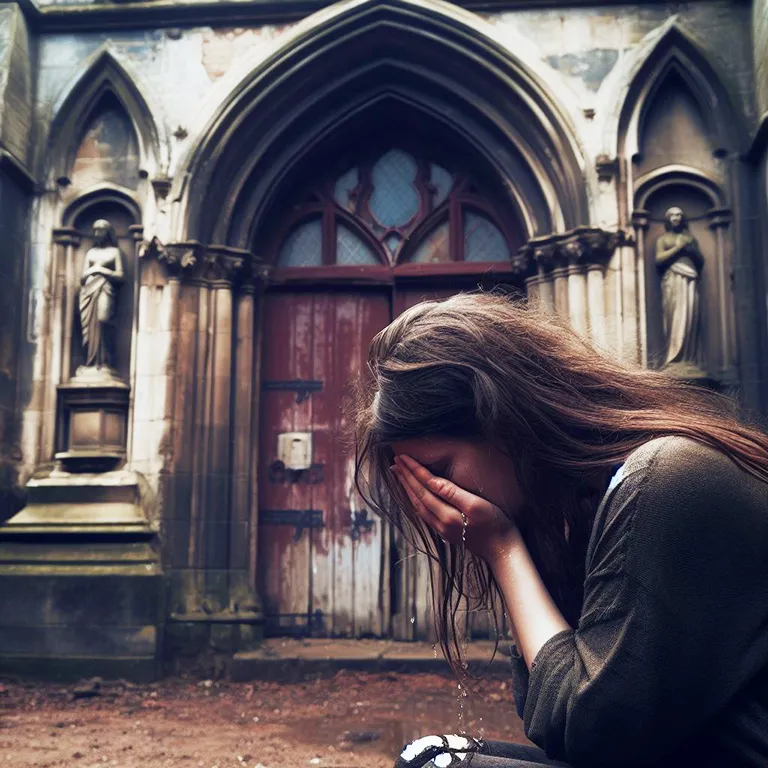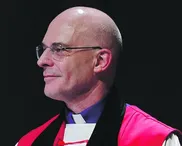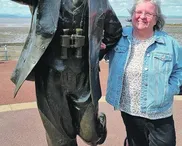Evangelical leaders in the Church of England are pledging to do all they can to ‘ensure evangelical life and witness’ can continue in the denomination following a contentious vote on same-sex blessings.
The C of E’s General Synod – its ‘parliament’ with three houses: of bishops, clergy and laity – voted on a complex series of motions and amendments with the result that stand-alone services for the blessing of gay and lesbian couples now look likely to go ahead on a ‘trial’ basis.
It is unclear precisely when this will take place, though some think it is likely to happen from mid-December, once a meeting of the church’s bishops has taken place. The so-called ‘prayers of love and faith’ are also expected to be commended at that point.







Living in Love and Faith or Living Life Backwards?
It’s easy to get frustrated in Christian life and church ministry when our passion for the gospel and the local …